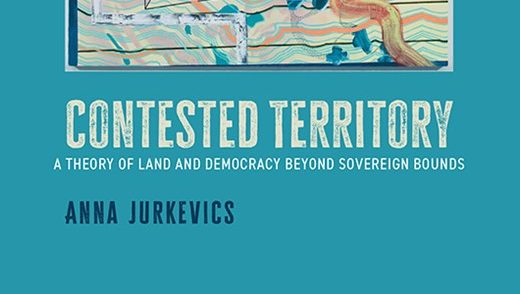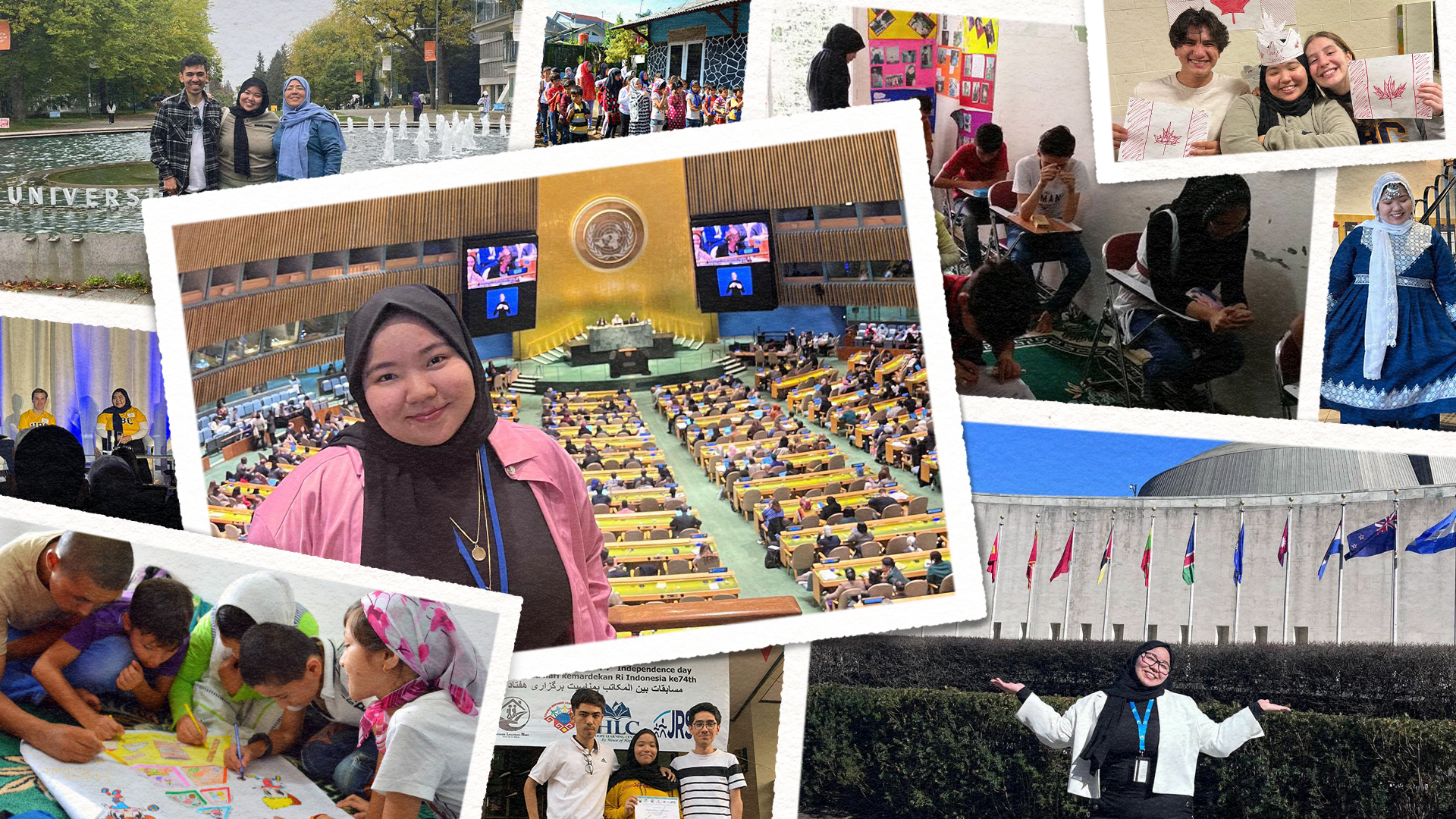Quarantining because of COVID-19 has presented many challenges, but even the pandemic could not stop fourth-year Political Science student Yoojung Lee from pursuing her research.


This Friday, October 2, Lee will co-present “Democratic Health Communications during Covid-19: Lessons from South Korea and Canada” with UBC History Professor Heidi Tworek. Lee, who is majoring in international relations, studied Chinese and Japanese politics with UBC Political Science Professor Yves Tiberghien, who recommended her to Dr. Tworek for this project about democratic health communications during the COVID-19 pandemic.
Lee was responsible for research on South Korea and examined how the country’s government communicated information about the pandemic with its citizens through government websites, the media, and social media. She looked at how effectively the government communicated facts about potential outbreaks and safety measures, as well as how it conveyed sympathy to South Koreans.
“What makes my research particularly interesting is that despite South Korea’s proximity to the origin of the pandemic and open border policy… It is one of the very few countries to successfully flatten the COVID curve,” said Lee.
“Much of this can be owed to its speed and innovative technology, but also we can’t remove its effective democratic communication strategy from this equation.”
Over the course of the research, one of Lee’s main takeaways is the work that goes into effective communication, and how important it is for governments to do that work in the middle of a crisis like the pandemic.
“You need to have both the effort and the infrastructure in place in order to be able to have effective democratic communication,” she said. “We’re not sure for how much longer we’re going to be living with a pandemic. So, communication and being able to motivate citizens to continue to follow the health directives… is highly important.”
“Doing research really made me realize that I have a passion for what I'm studying… it opened my eyes to, ‘Wow, there's a whole field of researching that's very intriguing and fascinating to me,’ and that definitely helped me reorient and specify my future goals.”
Though this project was Lee’s first formal experience with academic research, various coursework over her years at UBC — particularly her political science courses — helped to prepare her to do research. She also credits her involvement with campus organizations like TEDxUBC and the UBC Pre-Law Society, which allowed her to develop “higher academic aspirations” and a positive attitude towards her studies.
“[Political science courses] give you the ability to write and think more critically,” she said. “That skill of being able to analyze, and also be able to actively engage with the different research material is what most of my courses have taught me.”
As a student with many different interests, Lee wasn’t sure what she wanted to do post-graduation. Working on this project gave her valuable insight into the research experience, and helped her clarify her career goals — she’s now hoping to continue doing research at graduate school.
“Doing research really made me realize that I have a passion for what I’m studying… it opened my eyes to, ‘Wow, there’s a whole field of researching that’s very intriguing and fascinating to me,’ and that definitely helped me reorient and specify my future goals.”
Lee highly recommends getting involved in research to any student, particularly those who might be struggling with what they want to do after graduation, and she said building a connection with a professor is a great way to find opportunities.
“You never know the different opportunities that may come your way,” she said. “Just talk to the professor and really be engaged with the class material.”


